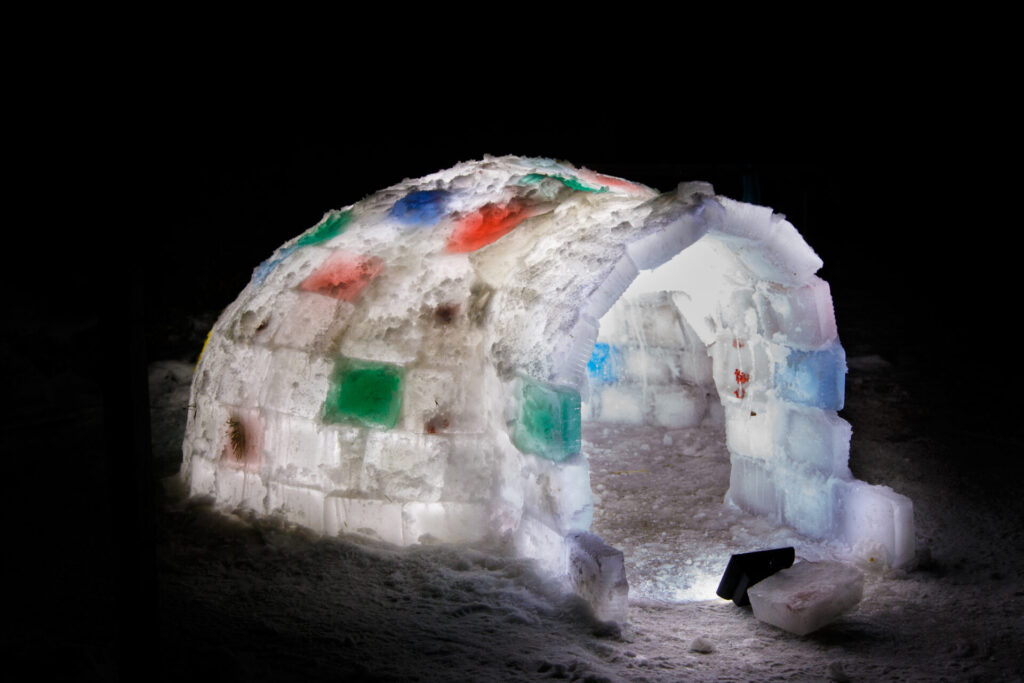Question:
I am 40 and expecting my second child. Our doctor has recommended the maternal fetal screening test because of my age. What does the test screen for and do I have to have the test?
 Answer:
Answer:
Generally I encourage my patients over 35 to have a meeting with a genetic counsellor to understand the different screening options that are available. However, the decision to do any screening test is yours to make. While there is quite a high accuracy with these tests, results cannot be guaranteed. Basically there are three types of screening tests.
The First Trimester Combined Screening
Measures the “nuchal translucency” of the baby through an ultrasound done between week 11 and two days to week 13 and three days. A blood test is also drawn the same day. By adjusting for the women’s age, it will give a numerical estimate of the chances your baby will have Down syndrome.
Maternal Serum Screening
This test is done at 15 to 20 weeks and measures specific proteins and hormones in your blood at that time. It screens for Down syndrome and a rarer genetic disorder known as Trisomy 18. About 85 percent of pregnancies with Down syndrome and 60 percent of pregnancies with Trisomy 18 will be detected by this test. Results are available within one week. If the test is positive you will be offered a detailed ultrasound, which can also reveal spina bifida. You might subsequently be offered an amniocentesis to obtain more detailed information.
The Integrated Prenatal Screening
This test combines the measurements from the nuchal translucency and the two different blood tests described above. It is the most thorough and therefore most reliable. The advantages of the Integrated Prenatal Screening is that there is a lower false positive rate and can include screening for spina bifida as part of the second blood test. If the screen is positive, further testing and genetic counseling will be offered. It should be noted that in the two to three percent of women who screen positive, the majority will not be carrying a child with Down syndrome. This is known as a false positive result. Close to 90 percent of pregnancies affected with Down syndrome will screen positive.









